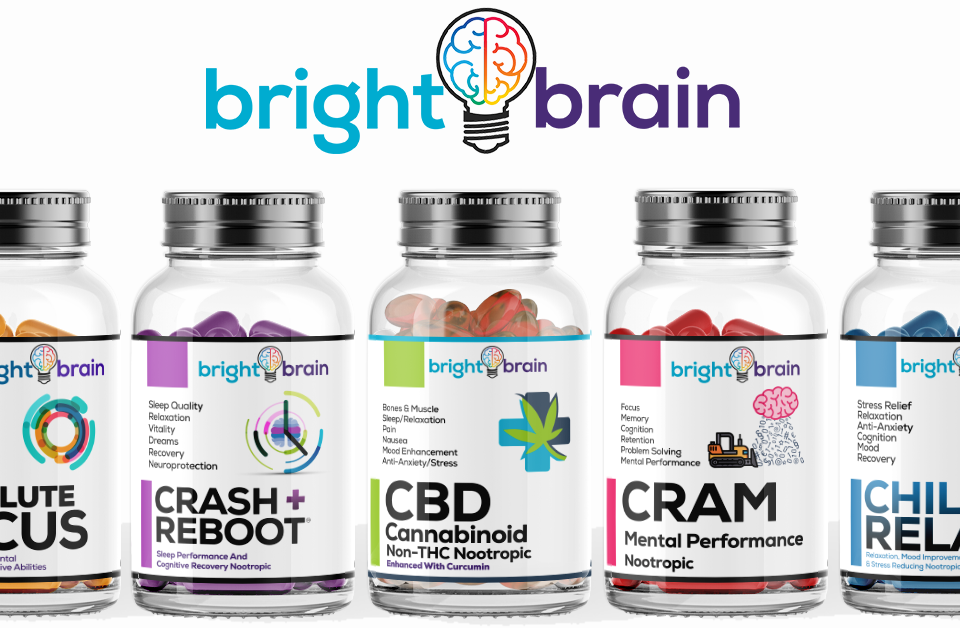Nootropics Creatine
Creatine is a compound that plays a crucial role in the production of energy, particularly in tissues with high-energy demands, such as muscles and the brain. While creatine is well-known for its use in sports and fitness for enhancing strength and performance, some evidence suggests that it may also have cognitive benefits, leading to its consideration as a nootropic. Here are some key aspects and potential cognitive benefits associated with creatine:
-
ATP Production:
- Creatine is involved in the synthesis of adenosine triphosphate (ATP), the primary energy currency of cells. The brain has high-energy demands, and sufficient ATP production is crucial for optimal cognitive function.
-
Phosphocreatine and Rapid Energy Supply:
- Creatine helps replenish phosphocreatine stores in cells. Phosphocreatine is rapidly converted to ATP during short bursts of intense activity, providing a quick and efficient source of energy. This may be relevant for cognitive tasks that require bursts of energy and focus.
-
Improved Cognitive Performance:
- Some studies suggest that creatine supplementation may lead to improvements in cognitive performance, especially during tasks that involve short-term memory, reasoning, and mental fatigue. It may have more pronounced effects in situations where quick, high-intensity cognitive efforts are required.
-
Neuroprotective Effects:
- Creatine has been investigated for its potential neuroprotective effects. It may help protect neurons from oxidative stress, excitotoxicity, and other factors associated with neurodegenerative conditions. This could have implications for long-term brain health.
-
Enhanced Brain Function in Vegetarians and Vegans:
- Since creatine is primarily obtained from animal sources, individuals following vegetarian or vegan diets may have lower creatine levels. Some studies suggest that creatine supplementation in these populations may lead to cognitive improvements.
-
Anti-Fatigue Effects:
- Creatine has been studied for its potential anti-fatigue effects, both in the context of physical and mental fatigue. Reducing mental fatigue may contribute to sustained cognitive performance.
-
Increased Dopamine Levels:
- Some research suggests that creatine may increase dopamine levels in the brain. Dopamine is a neurotransmitter associated with motivation, reward, and cognitive function.
-
Potential for Mood Enhancement:
- While not universally reported, some users of creatine mention improvements in mood and overall well-being. The mechanisms behind these potential mood-enhancing effects are still under investigation.
It's important to note that individual responses to creatine can vary, and more research is needed to fully understand its mechanisms of action, long-term effects, and optimal dosages for cognitive health.
As with any supplement, it's advisable to consult with a healthcare professional before incorporating creatine into your routine, especially if you have pre-existing medical conditions or are taking medications. Additionally, obtaining nutrients from a balanced diet that includes sources of creatine, such as meat and fish, is also recommended.






